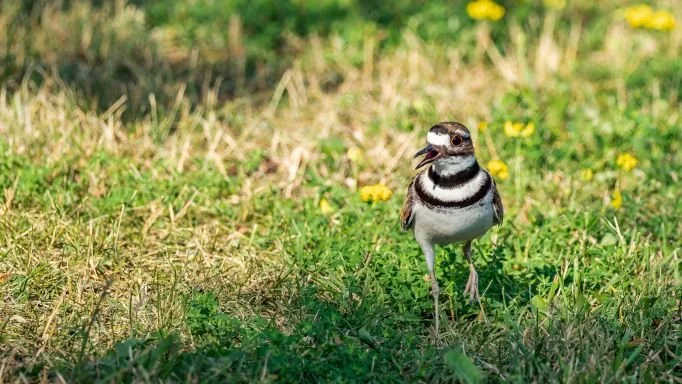Really Real
/Dear WRC,
What a week. The shooting in Buffalo is still pretty raw. The 2nd anniversary of George Floyd’s murder reopened that wound. Then the mass shooting in Uvalde, Texas where 19 elementary school children and 2 teachers were murdered and another 17 people injured.
In our consistory meeting on Tuesday night we began, as we always do, by dwelling in the Word together, looking at Matthew 28:16-20. Lindsay gave voice to the question on all of our minds: where was God today? As we prepared to close the meeting in prayer, Dave asked another question we were all feeling: how do we even pray right now?
Where was God on Tuesday? Or May 14? Or May 25, 2020? Or during countless other tragedies in our lives and life together? And how do we pray when the grief is still so thick? When we’re still grasping to understand what and how and why? When patterns emerge of brokenness so deep we can’t see to its bottom or imagine a way across?
Last week I was in Montana for my Doctor of Ministry (D.Min.) program and made sure to take a number of opportunities to get out on Flathead Lake on a kayak and just float on the turquoise glacial water and soak in the expansiveness of the place and the glory of the snow-capped Mission and Swan Ranges towering over the eastern horizon. We gathered at Flathead because this place, like no other, shaped Eugene Peterson’s life and work, faith and imagination. It was easy to see how transcendence had been baked into his soul, how he came to understand the expansiveness of Christ’s playing in the world.
I’m now home and trying hard to hold on to that deep sense that was so apparent as we gathered to sing and pray, work and laugh in the shadow of ponderosa pines: God is what is really real. God is what is really real.
I don’t mean that we should just ignore the tragedies and suffering of this world. I don’t mean that this evil, injustice, and violence isn’t real. I don’t want to downplay the horrors of this week one iota.
But I also don’t want to allow them to define reality. I don’t want to be so drawn into the news cycle that I lose sight of the God who is far more grieved and far angrier than I am. I don’t want to forget that God, in Christ, is reconciling the world to himself (1 Cor. 5:19). That God is somehow, someway at work even here, even now, to restore and renew and redeem even this. I don’t know how. I can’t even imagine how. But I don’t need to for it to be so.
God is what is really real. To know that and to trust that is to be given the gift of knowing that as horrible as these acts of violence were, they are in reality only penultimate truths. They are second-to-last truths, not ultimate or final. There is a truth that goes deeper, that stretches wider. And far from leading us into apathy toward others’ suffering, knowing this actually calls us deeper into it. It frees us to look it square in the eyes, unflinching. It allows us to truly weep with those who weep, to be fully present with those who suffer.
We may not know where God is, we may not know exactly how to pray, but we know that God is here—somewhere, somehow—working. So we continue to pray, even if the best we can muster are tears and groans. And we continue to show up expecting to see Jesus somewhere in the midst of all this pain and suffering, because the light shines in the darkness and the darkness has not overcome it
Lord, have mercy,
Pastor Andy

